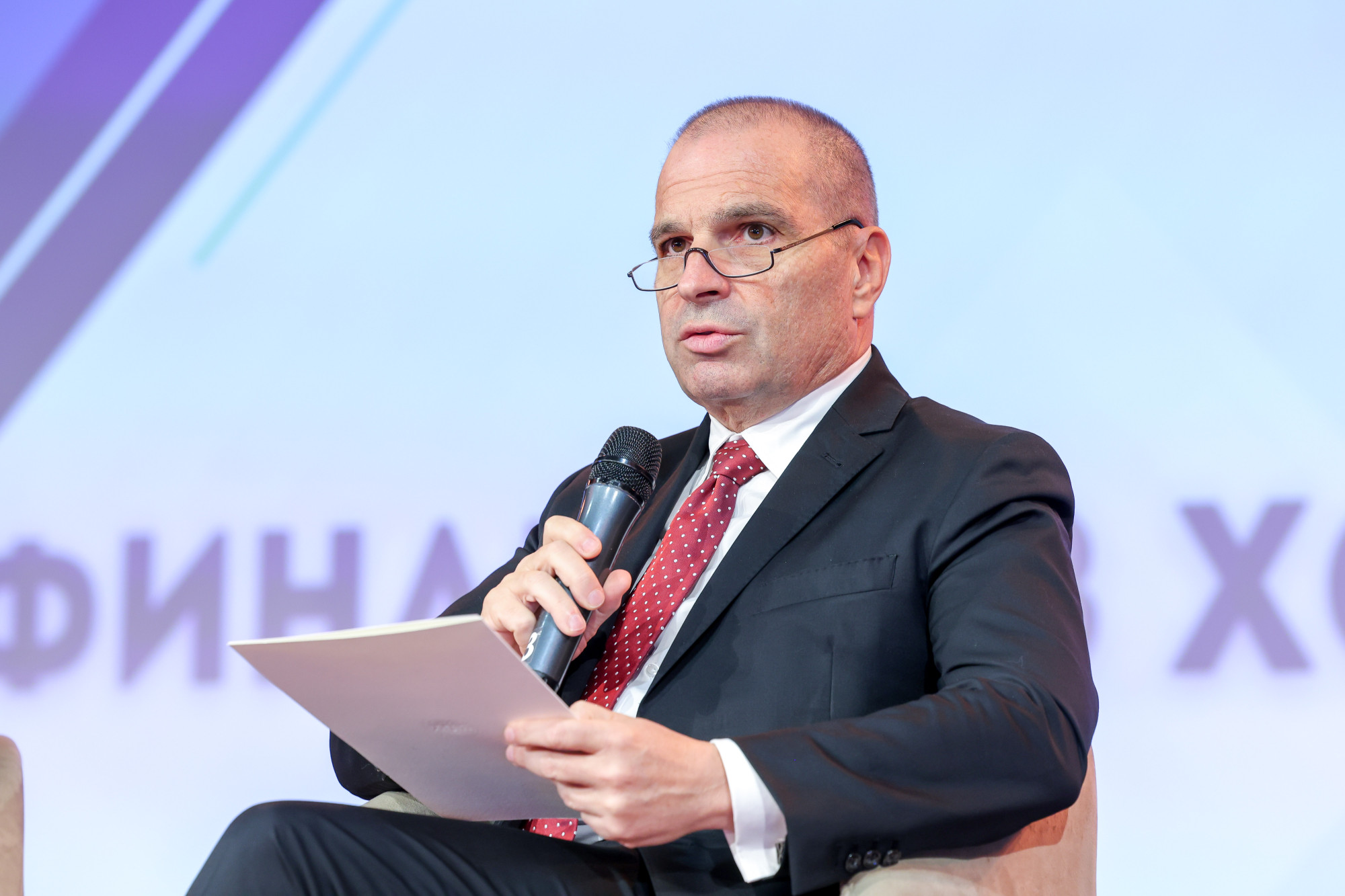A concession is a partnership between the state or municipalities and the private sector for building infrastructure, without burdening public budgets. With these words, Deputy Prime Minister and Minister of Transport and Communications Grozdan Karadzhov addressed the participants in the annual meeting of the National Association of Municipalities (NAM), which is being held in Albena.
In his speech, Minister Karadzhov emphasized that Europe is entering a new investment era, in which grant funding will gradually give way to financial instruments and partnerships with the private sector.
"Municipalities have a key role in this process – because they are closest to the people and know where the needs are. Therefore, our task is to give them the tools with which they can turn these needs into real investments," he stated.
According to data from the National Concession Register, as of October 2025, there are 1,182 active concessions in Bulgaria, of which 507 are municipal.
"This means that nearly half of the concessions in the country are already being implemented by local authorities – proof that municipalities recognise the power of this instrument," noted Minister Karadzhov.
Among the most active municipalities are Dobrich, Pazardzhik, and Plovdiv, which apply the concession model not only for sports and tourism facilities but also for transport and environmental infrastructure.
The Deputy Prime Minister emphasized the need for joint concessions between the state and municipalities – a new model that will allow the implementation of larger regional projects with a common effect.
"To date, not a single joint concession has been realised. It is time to change that. Together we can build depots, industrial zones, tourist routes, and transport links that benefit entire regions, not just one municipality," he stated.
Minister Karadzhov pointed to the successful example of Gorna Malina Municipality, which, through a concession, revived an old school in the village of Osoitsa and turned it into the Cosmos International School – part of Cambridge International School.
"This is not just an infrastructure project, but a revival of the community. Such examples show how a small town can attract people, investment, and hope," said the Deputy Prime Minister.
He also recalled the successful state concessions – such as the ports in Burgas, the airports in Varna and Sofia, and the railway terminals, which have brought hundreds of millions of Levs in investments and new jobs.
In conclusion, Minister Karadzhov stressed that the state will support active municipalities through:
• methodological guidelines and templates for concessions;
• a national platform for public-private partnerships;
• and the preparation of an Action Plan for municipal concessions with specific projects in transport, education, and culture.
"Infrastructure is not just concrete and asphalt – it is the connection between people, between regions, and between generations. Only through trust and joint will can we achieve lasting development," he concluded.




